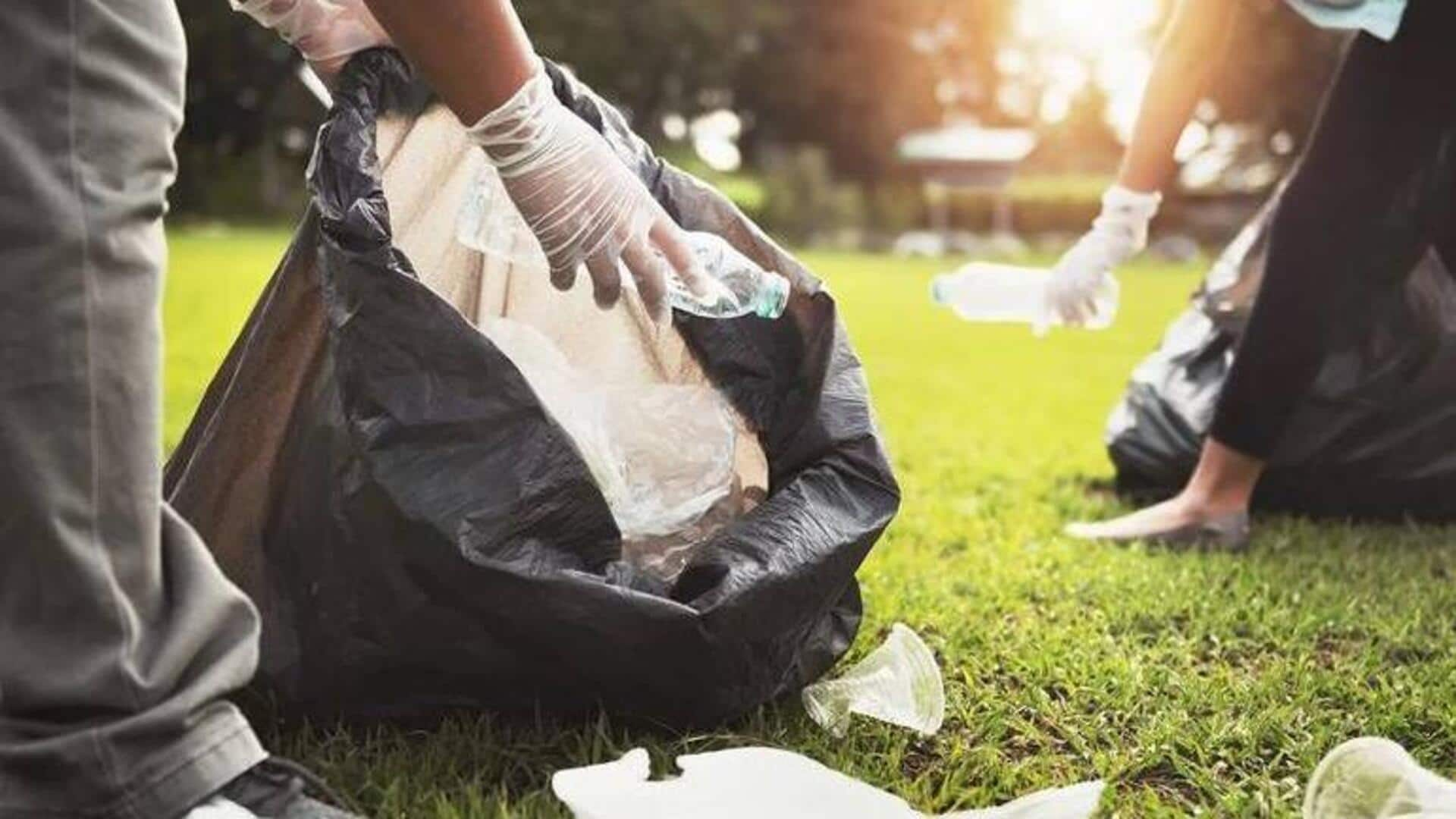
A guide to budget-friendly community clean-up in Africa
What's the story
Community clean-up initiatives play a vital role in preserving the aesthetic appeal and well-being of neighborhoods across Africa.
These endeavors cultivate a sense of community pride and responsibility while promoting environmental stewardship.
Organizing a clean-up shouldn't strain your wallet. With smart planning and community engagement, you can achieve impactful results on a shoestring budget.
Volunteers
Utilize local volunteers
Engaging local volunteers is the most cost-effective strategy for community clean-ups.
Residents have a vested interest and are often willing to donate their time to improve their area.
By utilizing social media, local bulletin boards, and word-of-mouth, organizers can mobilize a large volunteer force without incurring financial costs.
This approach not only enables the efficient mobilization of many volunteers but also promotes community involvement and environmental stewardship at no cost.
Partnerships
Partner with local businesses
Local businesses can provide valuable support for community clean-ups, contributing supplies such as garbage bags, gloves, and even refreshments for volunteers.
This collaboration not only benefits the clean-up initiative but also gives businesses an opportunity for positive visibility and demonstrating their care for the community's well-being.
These win-win situations can be achieved without anyone having to open their wallets wide.
Recycling
Recycle and sell collected waste
Recycling is not only good for the environment, it can also help fund your community clean-up projects!
By collecting recyclable items like plastic bottles, cans, and paper during the clean-up, you can generate extra income.
These items can then be sold to recycling centers.
This way, waste becomes a valuable resource that can support future community initiatives, fostering sustainability and a sense of environmental stewardship.
Grants
Government grants and support
Numerous governments have grants or support programs in place specifically for environmental initiatives, and community clean-ups often fall under this category.
By researching what funding is available and taking the time to apply for grants, you can secure financial assistance without needing to ask for donations from individuals or businesses within the community.
Education
Educational campaigns on waste management
Teaching residents about responsible waste management during clean-up events prevents future littering and fosters a culture of sustainability.
By incorporating educational workshops or simply providing informational pamphlets, you can increase awareness without significantly adding to the event's cost.
Plus, a knowledgeable community is more likely to maintain good waste disposal habits, ensuring future clean-ups are easier and less necessary.